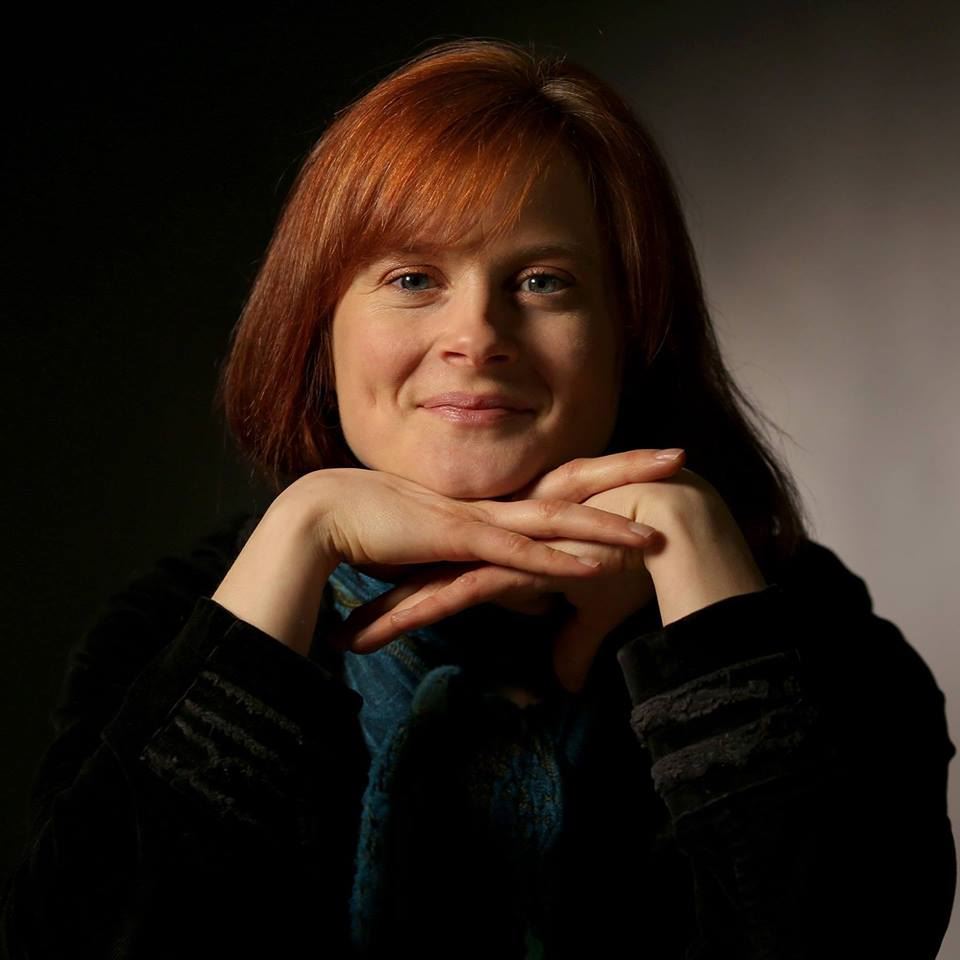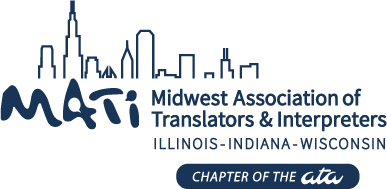by Michelle M. Pinzl, MATI Member
Even as COVID-19 has brought light to historic racial and class disparities that exist across the world, spring of 2022 invites us to be hopeful that we are turning a corner on this global pandemic. Though history repeats itself when it comes to power, privilege and oppression, communities around the world continue to call us to action via social movements. Feminist grassroots campaigns like ni una menos in Latin America, protest gender-based violence. The Black Lives Matter movement struggles to eradicate the omnipresent white supremacy of our systems and societies. Most recently, communities around the world have come together to protest Russia’s invasion of Ukraine. Within this context, interpreters and translators as both cultural brokers and facilitators of language access, also inspire action for racial and social equity in our professional work.
When power and privilege manifest in the world around us, what is palpable in terms of injustice for some, can appear mysterious or invisible to others. How many times have upper administrators, legislators, and others in positions of power (usually White, usually male, usually straight, usually middle or upper class…) write policies and protocols for those who never got the chance to be a part of the conversation? Those policies and protocols, in turn, most often negatively affect those with less power (often Black and Brown, often Indigenous, often limited English proficient, often LGBTQ+, often poor…). What is clear about privilege and power, is that when we have it, we often don’t see it or notice it; can scarcely imagine that it exists. And when we are not the holders of privilege and power, we cannot forget that our voice is always diminished, we remain unseen and go unvalidated.
So how do we come together as professionals and professional organizations to continue to advocate for more social justice and equity in our daily work? Talking about these themes within our professional circles, as part of the work that we do, is a start. Developing an action plan is a next step. It is for these reasons that MATI is providing the three-part webinar series in coming weeks: Race, Power and Privilege: Building Social Justice and Racial Equity in the Professions of Interpreting and Translation. The series consists of three 90-minute sessions with the following titles: (1) Exploring Intersecting Identities; (2) Our Privilege. Our Power.; (3) Plans for Social Justice and Equity in Our Work as Interpreters and Translators.
Participants of this three-part webinar series will reflect on their personal identities in varying social contexts. They will also examine how privilege works to normalize some identities and cultural practices over others. By identifying the intersectionality of shared and diverse identities, facilitators will encourage community and empathy within interpreting and translation circles. After becoming familiar with vocabulary and terminology related to social justice and equity, attendees will be encouraged to identify instances where privilege manifests as racist behavior or has been established in racist policies in our professional lives. Through identity building exercises, personal reflection, and both small and large group discussion, participants will gain a deeper understanding of identity politics and privilege as they manifest. Finally, participants will work to develop a personal plan for interrupting systemic racism and developing transformative policy change in the interpreter and/or translator workplace. All language pairs and identities are welcome. Minorities are encouraged to participate.
In essence, the aim of such work and such conversations is to positioninterpreters and translators as powerful professionals. We can spark cultural, ideological, and political change because ours lived experiences and intersectional identities serve as direct contributions to linguistic justice. Our voices are essential in identifying where privilege reproduces or perpetuates privileged and oppressive frameworks. Interpreters must be empowered to continue advancing the profession, mitigate the intersectional failures of language policy, and center minoritized voices in social justice and equity. We look forward to more talk about this in with you and our professional organizations this year!
 Michelle M. Pinzl (she/her/ella) is the Coordinator of the Community Interpreting Certificate and Assistant Professor at Viterbo University where she teaches Spanish, French and Interpreting Studies. She earned her Master’s degree in Foreign Languages and Intercultural Management from the Université de Limoges in France and is currently a PhD candidate at the Universitat Autónoma de Barcelona, in Spain. She is a certified Spanish<>English Court Interpreter for the State of Wisconsin and a certified Medical Interpreter through the Certification Commission for Healthcare Interpreters (CCHI). Michelle frequently presents in the US and abroad to varied audiences on numerous topics in the field of translation and interpreting. She has been interpreting for healthcare, social service agencies, schools, businesses, as well as various sectors of the farming industry in Wisconsin since 2006.
Michelle M. Pinzl (she/her/ella) is the Coordinator of the Community Interpreting Certificate and Assistant Professor at Viterbo University where she teaches Spanish, French and Interpreting Studies. She earned her Master’s degree in Foreign Languages and Intercultural Management from the Université de Limoges in France and is currently a PhD candidate at the Universitat Autónoma de Barcelona, in Spain. She is a certified Spanish<>English Court Interpreter for the State of Wisconsin and a certified Medical Interpreter through the Certification Commission for Healthcare Interpreters (CCHI). Michelle frequently presents in the US and abroad to varied audiences on numerous topics in the field of translation and interpreting. She has been interpreting for healthcare, social service agencies, schools, businesses, as well as various sectors of the farming industry in Wisconsin since 2006.
